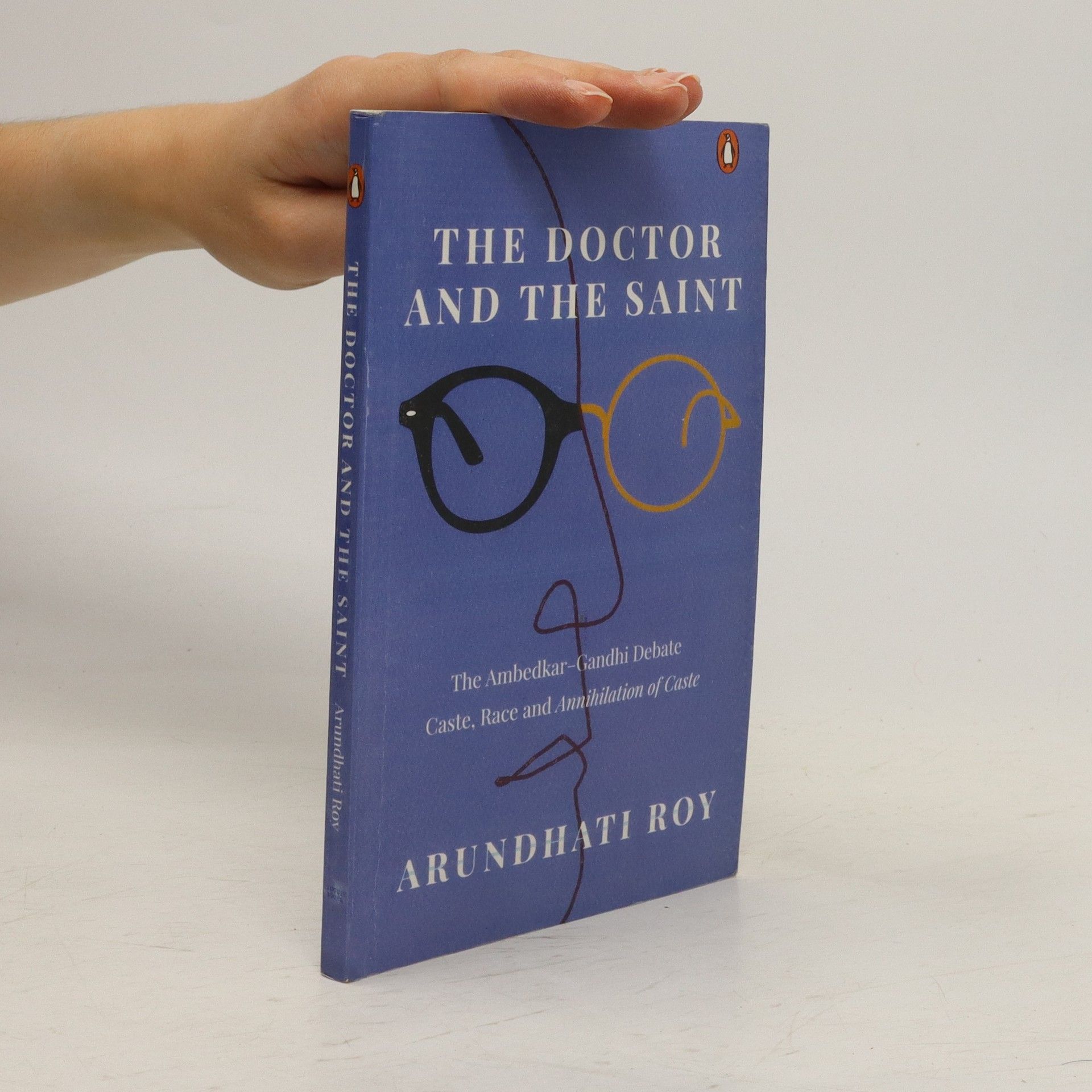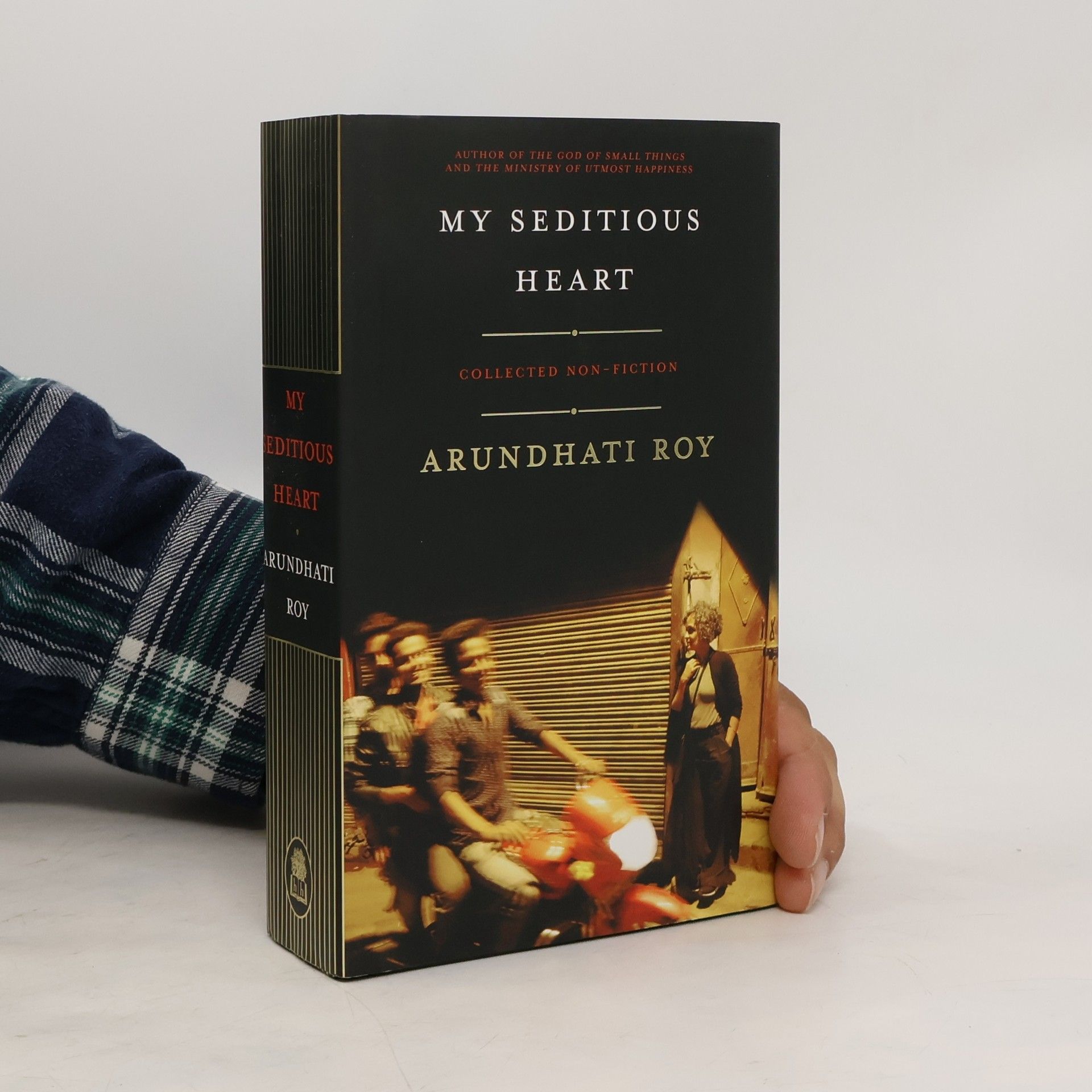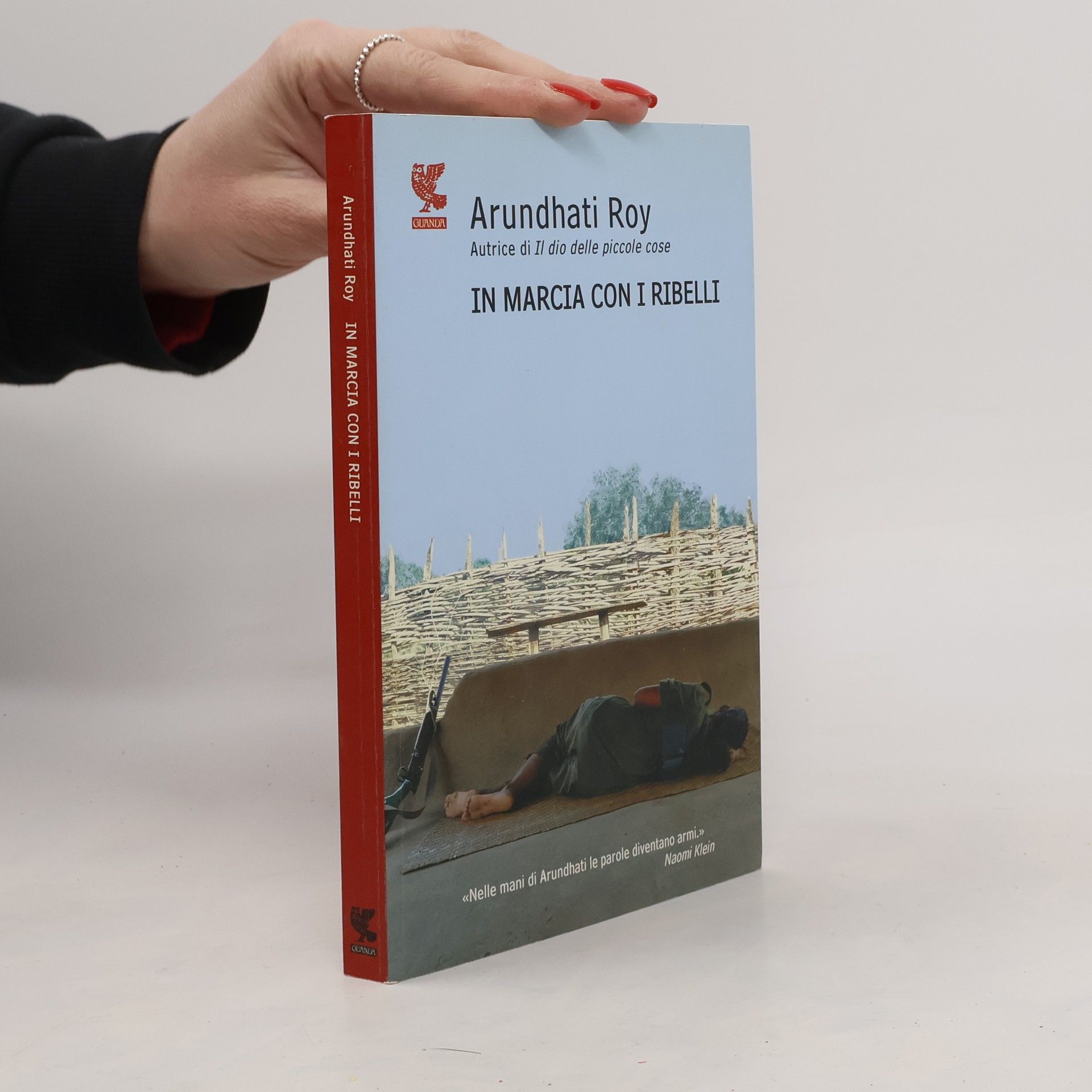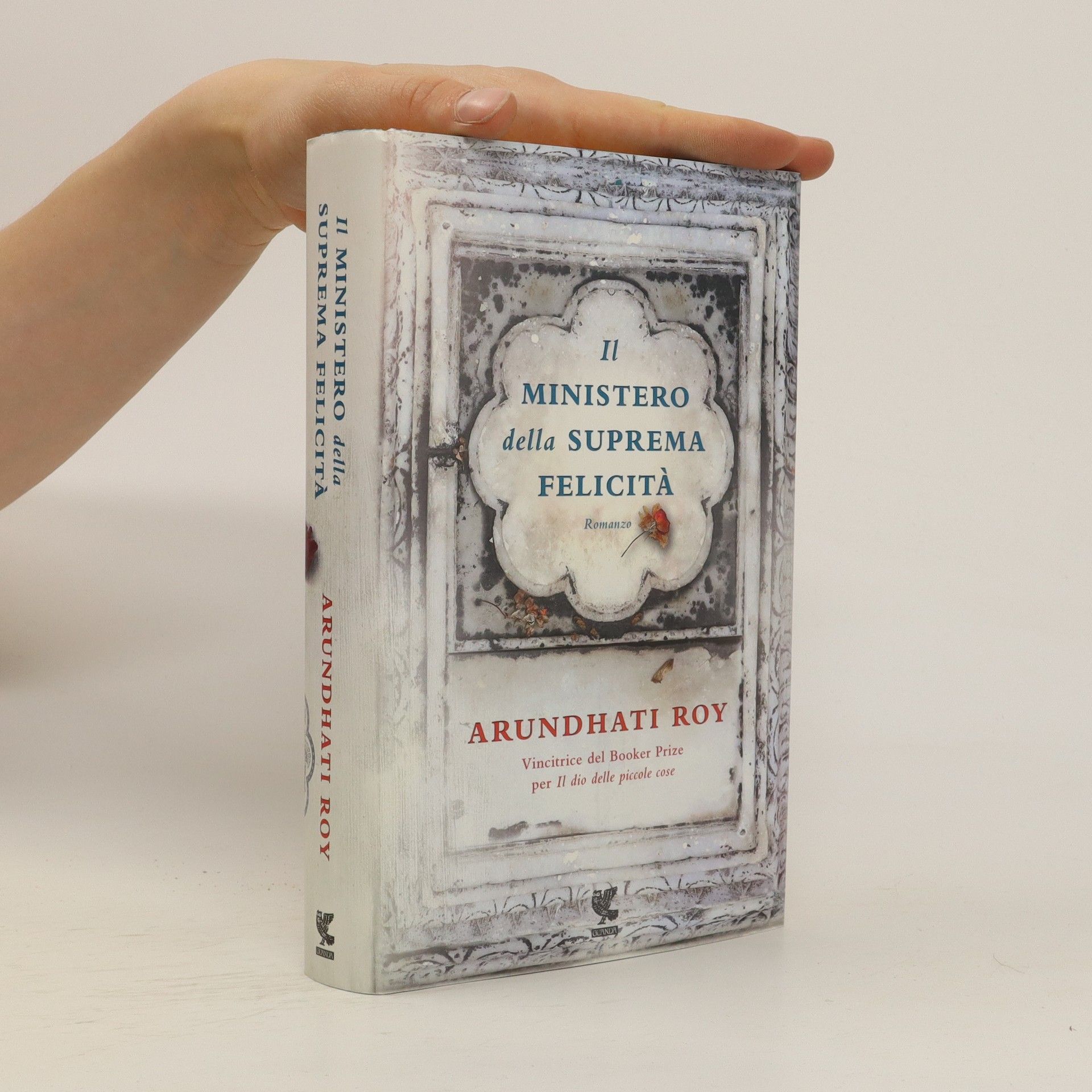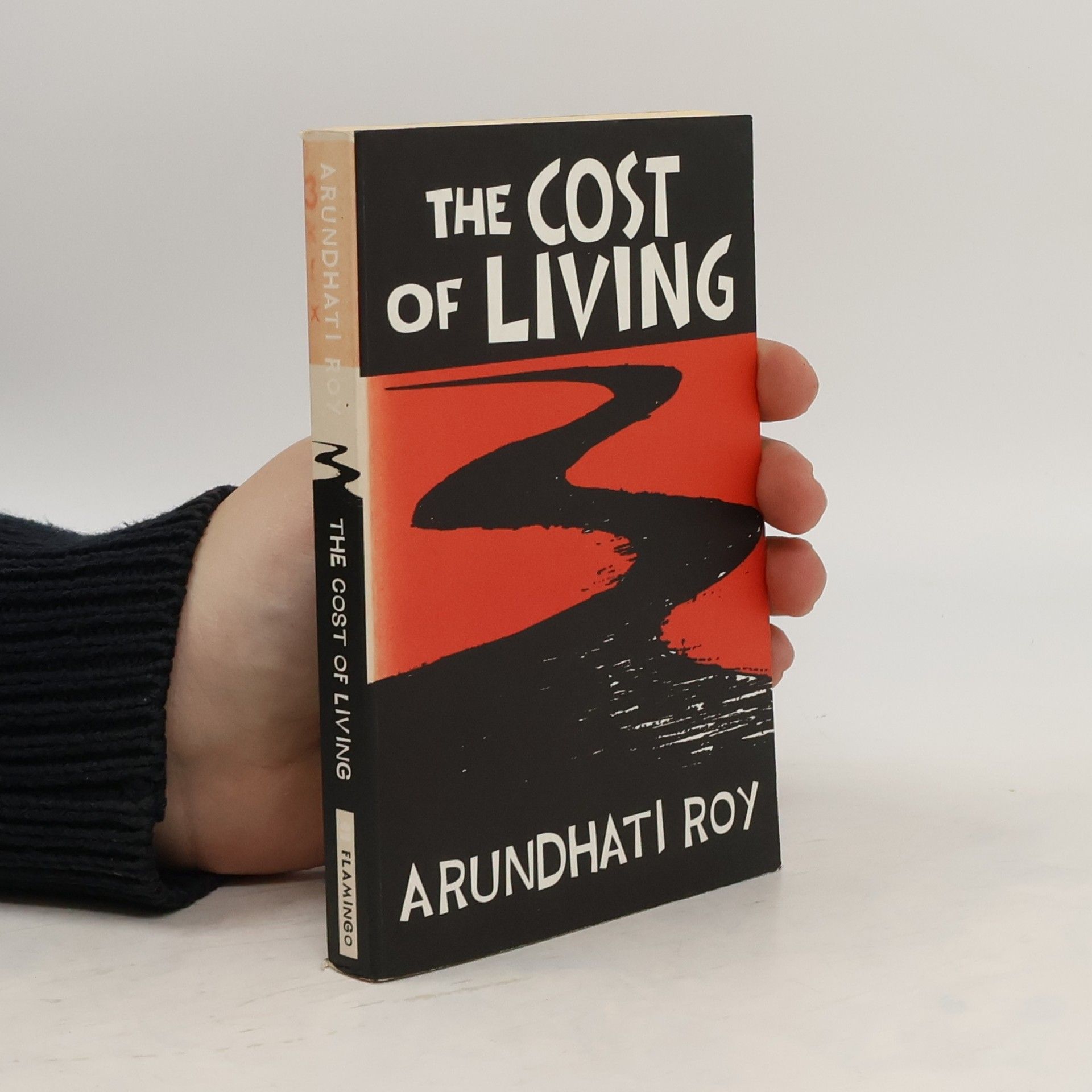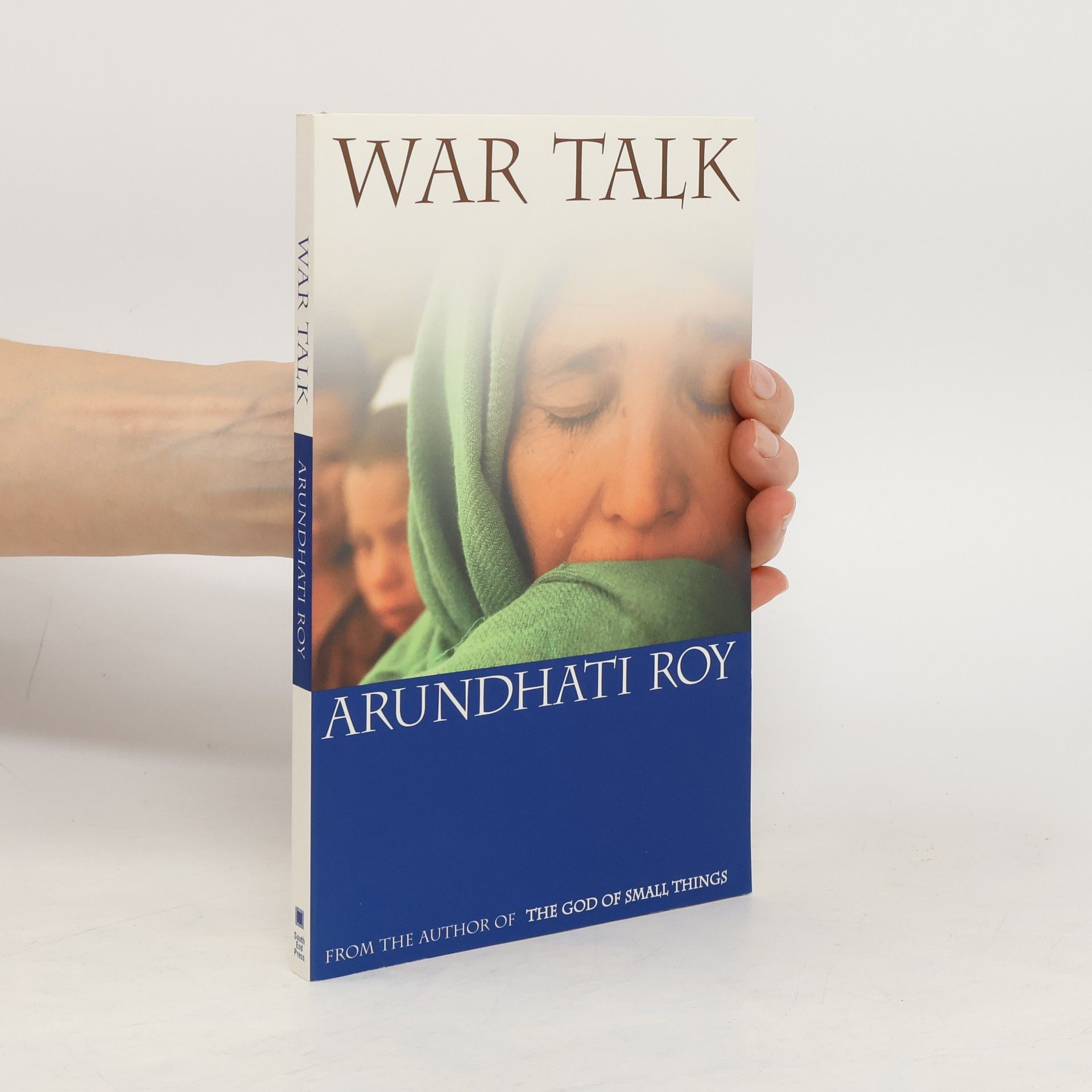Guerra è pace
- 193pagine
- 7 ore di lettura
Le pagine di "Guerra è pace" sono dedicate agli ultimi eventi che hanno sconvolto il mondo intero: l'attacco dell'11 settembre alle Twin Towers di New York e la risposta americana del 7 ottobre. La sua voce forte, polemica, piena di rabbia ma anche di compassione per le vittime, di qualunque bandiera e religione, si leva anche per condannare in modo lucido e documentato i rischi della globalizzazione dell'economia mondiale; della privatizzazione delle risorse energetiche; del divario tra Oriente e Occidente; della guerra nucleare, in cui il nostro nemico sarà la Terra stessa i cui elementi si volgeranno tutti contro di noi. Arundhati Roy sottolinea con forza la necessità a riprendere in mano il proprio futuro.

